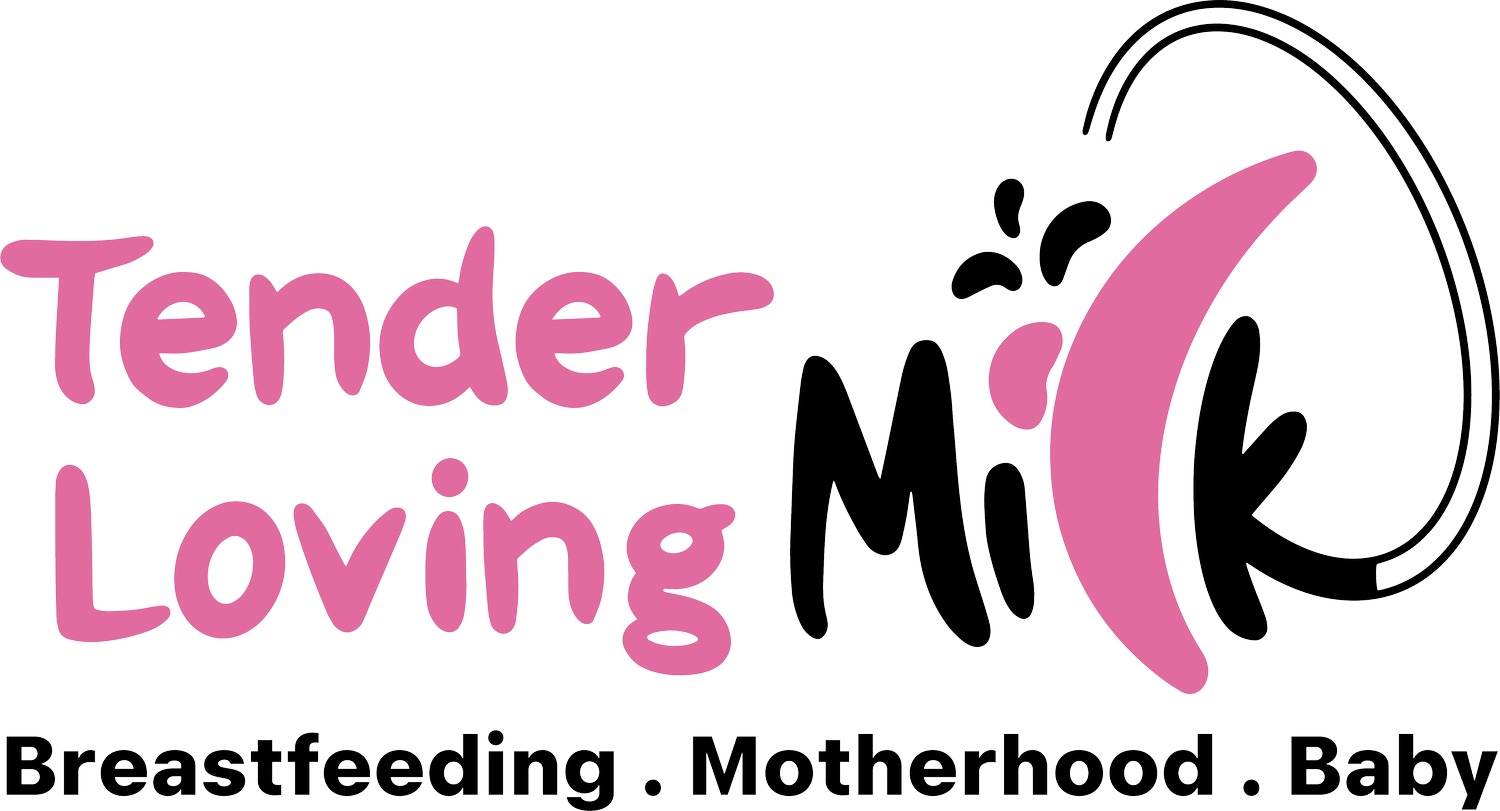Breastfeeding a Teething Baby
Three FEARS + Three SOLUTIONS for Breastfeeding a TEETHING BABY!
It is a common idea that the arrival of your baby's first tooth is the conclusion of your breastfeeding journey. Of course, breastfeeding a little one with sore gums and tooth piercing out of their gum is a novel experience, but do know that it is possible!
Generally, most babies' teeth will show between six to nine months old. It may cause some babies to be a little extra fussy during feeding as some babies do feel discomfort in their gums when latching. Teething may also cause some babies to nurse more often because latching soothes their sore gums.
It is also important to understand that babies cannot bite while they are actively nursing. Therefore, mothers are encouraged to find out why babies bite. Out of boredom? Want your attention? Milk flow is too fast? If you are sure your baby is teething, then let’s find out some ideas to help cope with it!
But first, what are the signs of teething?
Teething signs CAN be confusing. Some babies show SOME signs, some babies don’t.
Excessive drooling
Have the desire to keep biting on stuff, as the chewing/sucking may offer some comfort
Extra irritable
Sore, red gums
Loss of appetite
Slight raise in body temperature but not high enough to be a fever
Here are three common fears and solutions to ensure that you can continue your breastfeeding journey with your little one, who could probably use the comfort of nursing more than ever!
#1 - I don't want to get bitten!
Being bitten while breastfeeding is not only painful but can be rather frustrating. The mixed emotions are REAL, as you wonder how the little person that you give everything to wants to bite you. The reality is, biting happens once in a while. But it does not have to be constant. Here are a few things you can do to lessen your chance of being chomped on:
Check your latch. If the baby only has his mouth at the edge of the nipple, a bite will hurt. If your baby has his mouth covering as much of the nipple as possible, it would not hurt nearly as much if he does attempt to bite.
Allow your baby a few minutes to chew on a teething toy before nursing.
Watch for signs that your baby is full. If your baby is full, but still "hanging out" at the breast, he may want to get mummy’s attention. Once your baby finishes nursing, unlatch him from the breast.
#2 - My baby is too fussy to breastfeed while teething. I can't keep him still!
Remember, breastfeeding is just as important for attachment and bonding as it is for nutrition. That means that when your baby is having a difficult time, he will look for ways to feel soothed and comforted. He most probably will look for the breast!
Because of his teething, he may have a swollen mouth and inflamed gums. Breastfeeding may be uncomfortable or even painful as your baby learns how to nurse agreeably. Your baby might latch on and latch off dozens of times in a feed.
Your baby's reaction to teething is NOT a telltale sign that he is no longer interested in breastfeeding. Do not give up! Try your best to be patient with the process and to work with your baby to remind him that nursing is a safe and comfortable space for him.
#3 - Now that he has teeth, I feel like my baby is too old to be nursing!
Modern society has done a great job at turning the beautiful practice of breastfeeding into something associated with shame and discomfort. Do not let that influence or alter you and your baby's experience!
The World Health Organization encourages exclusive breastfeeding for a baby's first six months of life and continues breastfeeding until upwards of two years of age. Breastfeeding is a distinctive opportunity to attain health benefits only available through nursing (for both mum and baby!). Do not allow strange stigmas and social norms to determine how you feed your child!
Breastfeeding is tough, and when your baby becomes equipped with their first set of weapons (teeth!), things can escalate! But do not give up, it is worth it to be patient with the process.
For more information on all things motherhood and breastfeeding, subscribe to my website! You will be the first to get access to free content and resources just like this.
